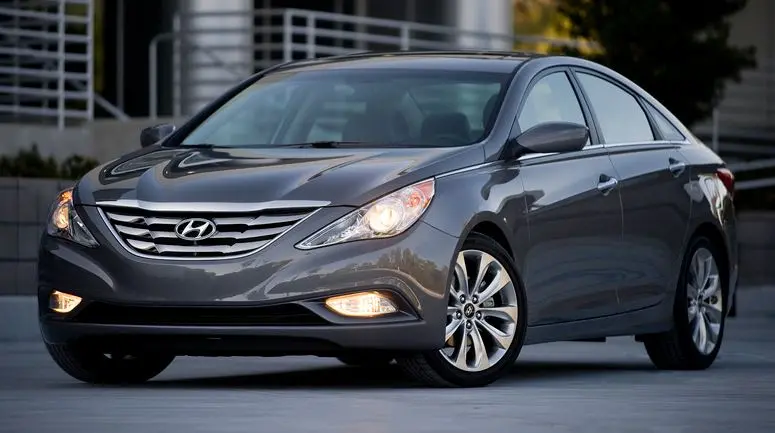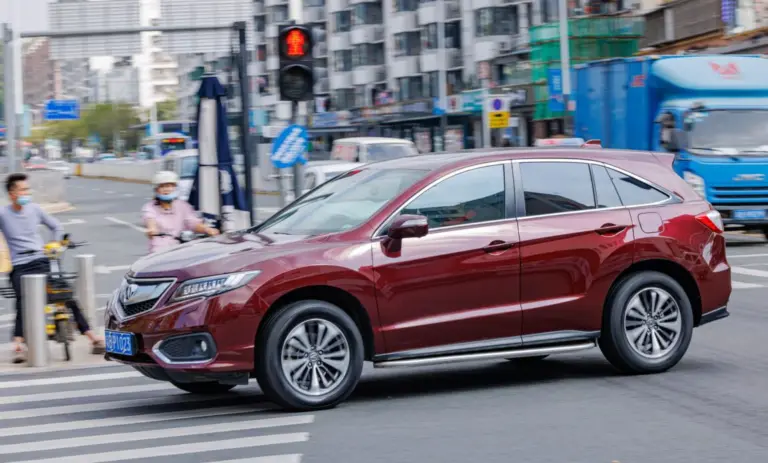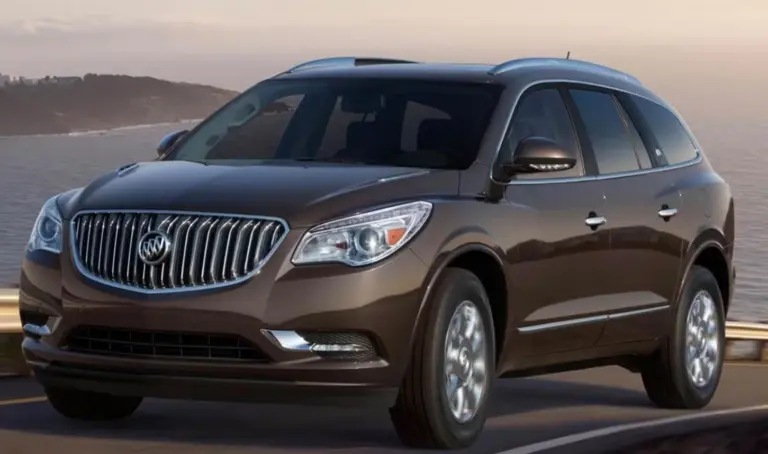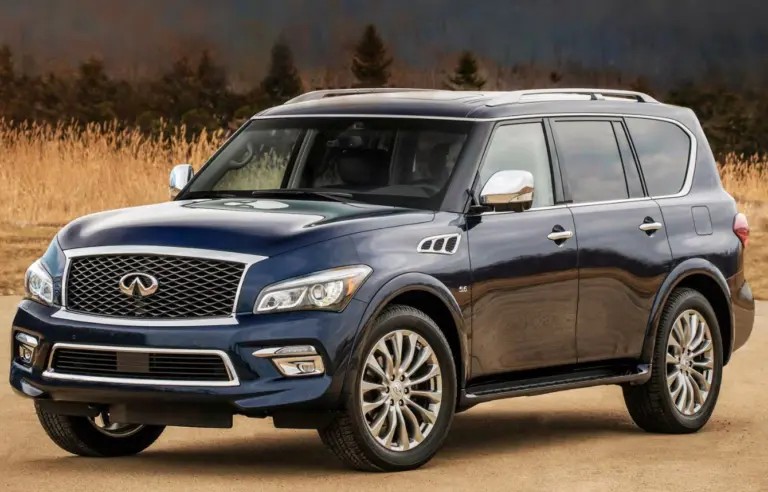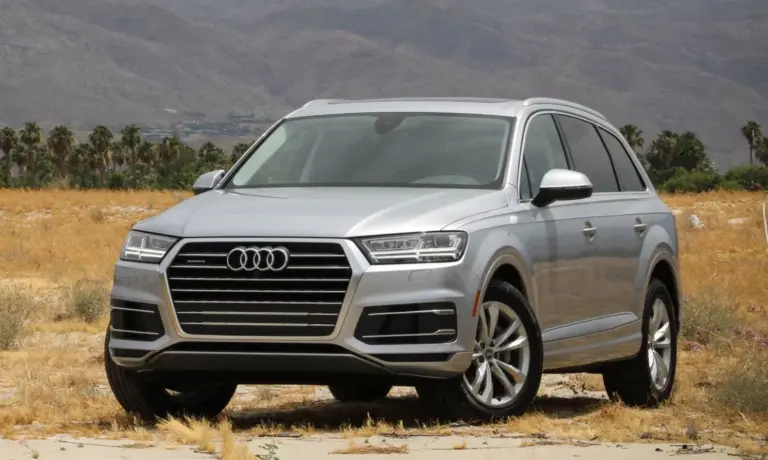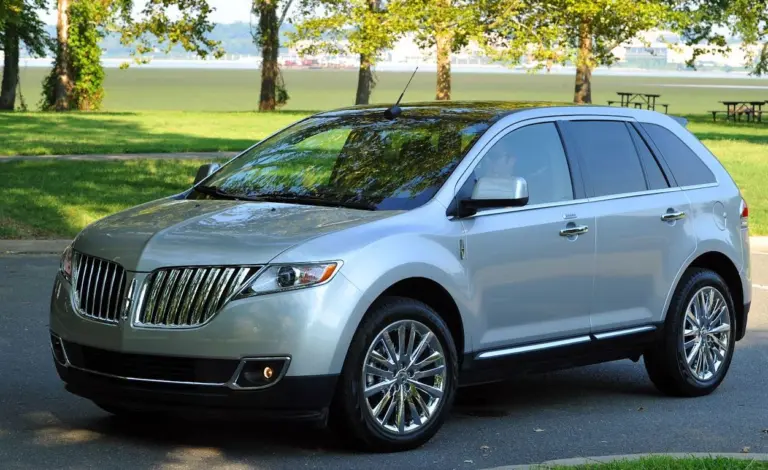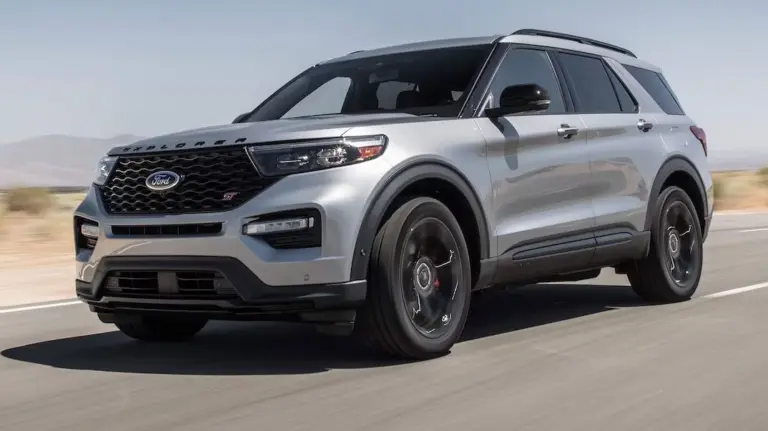Hyundai Sonata Years to Avoid (Updated)
The Hyundai Sonata has been a popular midsize sedan choice for many years, offering a blend of style, comfort, and value. However, like any vehicle, certain model years have proven to be more problematic than others.
If you’re in the market for a used Hyundai Sonata, it’s crucial to know which years to steer clear of to avoid potential headaches and costly repairs. Let’s examine the Hyundai Sonata years to avoid and the common issues associated with these problematic models.
Hyundai Sonata Years to Avoid
Based on extensive research and analysis of consumer reports, reliability data, and recall information, we’ve identified several Hyundai Sonata model years that potential buyers should approach with caution. Here’s a comprehensive overview of the years to avoid and their associated problems:
| Model Year | Major Issues |
|---|---|
| 2006 | Engine failure, airbag sensor problems, brake light issues |
| 2011 | Engine seizure, excessive oil consumption, steering problems |
| 2012 | Engine failure, transmission issues, suspension problems |
| 2013 | Engine problems, excessive oil consumption, electrical issues |
| 2015 | Engine issues, brake caliper fractures, power steering loss |
2006 Hyundai Sonata
The 2006 Hyundai Sonata marks the beginning of the fifth generation and, unfortunately, introduced several significant problems. This model year has received over 1,000 complaints filed with the National Highway Traffic Safety Administration (NHTSA) and has been subject to 11 recalls.
The most severe issue reported for the 2006 Sonata is engine failure. Many owners experienced a broken connecting rod or piston, often preceded by clicking or grinding noises from the engine. These problems typically led to complete engine failure, resulting in expensive repairs or replacements.
Additionally, the 2006 Sonata faced problems with its airbag system. The occupant classification sensor often malfunctioned, potentially preventing the airbag from deploying in the event of a crash. This safety concern, combined with reports of brake light failures and suspension issues due to corrosion, makes the 2006 Sonata a model year to avoid.
2011 Hyundai Sonata
The 2011 Hyundai Sonata, part of the sixth generation, is perhaps the most problematic model year in the Sonata’s history. It has accumulated over 3,000 complaints with the NHTSA and has been subject to 14 recalls, indicating widespread issues across various vehicle systems.
The most prevalent problem with the 2011 Sonata is engine failure. Many owners reported their engines seizing without warning, even while driving at high speeds. This issue often stemmed from metal debris in the engine oil, leading to premature bearing wear and catastrophic engine failure. The cost to fix this problem often exceeded $5,000, making it a significant financial burden for owners.
Other issues plaguing the 2011 Sonata include excessive oil consumption, steering problems, and electrical system malfunctions. The high number of complaints and recalls make this model year one to definitely avoid when shopping for a used Hyundai Sonata.
2012 Hyundai Sonata
The 2012 Hyundai Sonata, while slightly improved from its 2011 predecessor, still suffers from many of the same issues. This model year has received over 1,000 complaints and has been subject to eight recalls.
Engine problems continue to be a significant concern for the 2012 Sonata. Many owners reported engine knocking, excessive oil consumption, and in some cases, complete engine failure. These issues often manifested around 86,000 miles, which is relatively early in a vehicle’s lifespan.
Transmission issues also became more prominent in the 2012 model, with owners reporting shifting delays and failures. Additionally, suspension problems, particularly related to the steering system, were frequently reported. These issues, combined with the ongoing engine concerns, make the 2012 Sonata another year to avoid.
2013 Hyundai Sonata
The 2013 Hyundai Sonata continued to struggle with reliability issues, accumulating a significant number of complaints and recalls. While some improvements were made, many of the problems from previous years persisted.
Engine issues remained a primary concern for the 2013 Sonata. Owners reported problems with excessive oil consumption, engine stalling, and in some cases, complete engine failure. These issues often occurred at relatively low mileages, causing frustration and financial strain for owners.
Electrical system problems also became more prominent in the 2013 model. Many owners experienced issues with the vehicle’s electrical components, including problems with the infotainment system and other electronic features. These issues, combined with the ongoing engine concerns, make the 2013 Sonata another year to approach with caution.
2015 Hyundai Sonata
The 2015 Hyundai Sonata, marking the beginning of the seventh generation, introduced a new design and features. However, it also brought along some significant problems that potential buyers should be aware of.
One of the most serious issues with the 2015 Sonata is related to its braking system. The NHTSA issued a “Do Not Drive” warning for some 2015 Sonatas due to the risk of brake caliper fractures. This problem could lead to a sudden loss of braking power, significantly increasing the risk of an accident.
Additionally, the 2015 Sonata faced problems with its power steering system. Many owners reported sudden loss of power steering assistance, making the vehicle difficult to control, especially at low speeds. Engine issues, while less prevalent than in earlier models, still persisted, with some owners reporting excessive oil consumption and loss of power while driving.
Common Problems Across these Model Years
While each model year has its specific issues, several problems are common across multiple years of the Hyundai Sonata. Understanding these recurring issues can help potential buyers make more informed decisions:
- Engine Problems: The most prevalent issue across problematic Sonata years is engine failure. This often manifests as excessive oil consumption, engine knocking, or complete engine seizure.
- Steering Issues: Many owners reported problems with the power steering system, including sudden loss of steering assistance and unusual noises when turning.
- Transmission Problems: Some model years experienced transmission issues, including shifting delays, jerking, and in some cases, complete transmission failure.
- Electrical System Malfunctions: Issues with the electrical system, particularly related to the infotainment system and other electronic features, were common in several model years.
- Suspension Problems: Some Sonata models experienced issues with suspension components, leading to uncomfortable rides and potential safety concerns.
Frequently Asked Questions (F.A.Q)
What is the most reliable year for Hyundai Sonata?
While this article focuses on years to avoid, it’s worth noting that many Sonata model years have proven reliable. The 2009, 2018, and 2019 Sonatas are generally considered among the most reliable, with fewer reported issues and higher owner satisfaction rates.
How long do Hyundai Sonata engines last?
With proper maintenance, a Hyundai Sonata engine can last between 200,000 to 250,000 miles. However, some problematic years mentioned in this article may experience engine failure much earlier, sometimes as early as 80,000 miles.
Has Hyundai addressed the engine issues in newer Sonata models?
Yes, Hyundai has made significant efforts to address the engine issues in newer Sonata models. The company has implemented design changes, improved quality control, and offered extended warranties on many affected vehicles.
Should I avoid all Hyundai Sonatas?
No, not all Hyundai Sonatas should be avoided. Many model years, especially more recent ones, have proven to be reliable and offer good value. It’s important to research specific model years and, if possible, have a trusted mechanic inspect any used vehicle before purchase.
What should I do if I own one of the problematic Sonata models?
If you own one of the problematic Sonata models, ensure you’re aware of any open recalls and have them addressed promptly. Regular maintenance is crucial, and it’s advisable to pay close attention to any unusual sounds or performance issues. If you experience problems, consult with a Hyundai dealer or a trusted mechanic as soon as possible.
Wrapping Up
While the Hyundai Sonata has generally been a popular and reliable midsize sedan, certain model years have proven problematic. The 2006, 2011, 2012, 2013, and 2015 Sonatas are years that potential buyers should approach with caution due to their history of engine problems, steering issues, and other significant concerns. By being aware of these problematic years and their associated issues, you can make a more informed decision when shopping for a used Hyundai Sonata, potentially saving yourself from costly repairs and frustrations down the road.
| Read Also |
| Jeep Grand Cherokee Years to Avoid |

